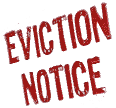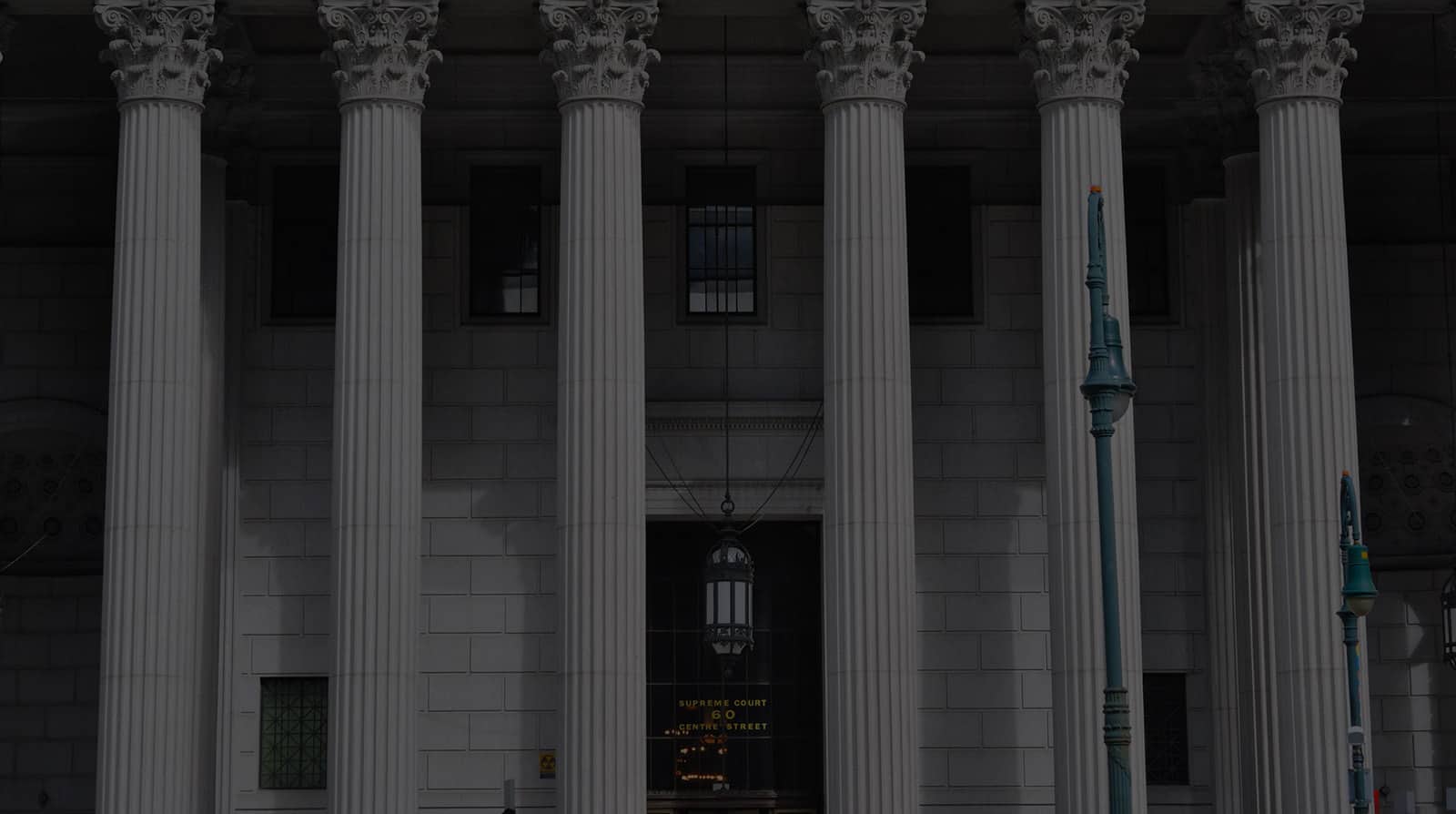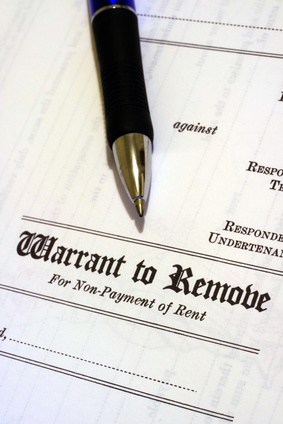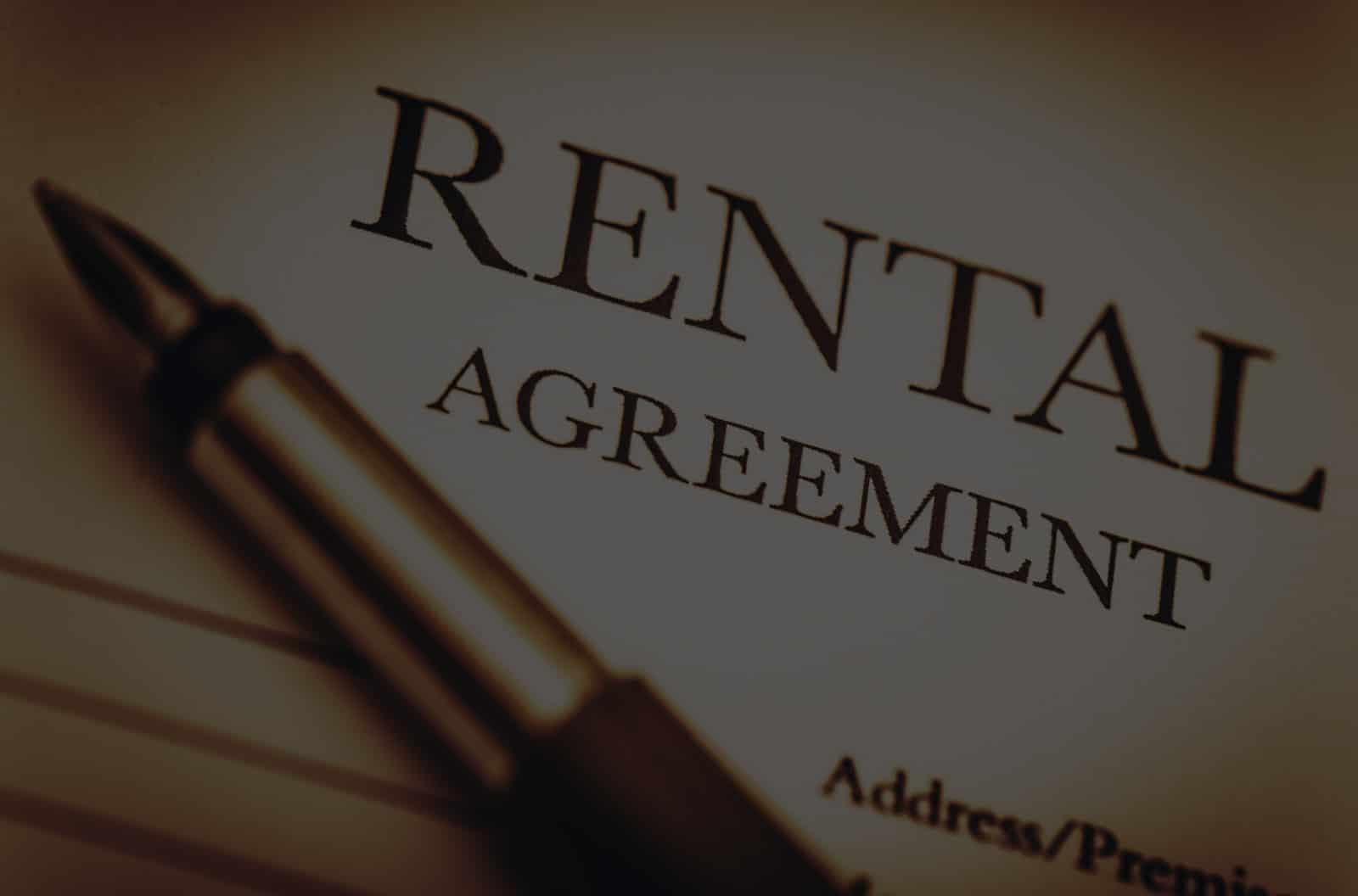
Tenants who are being evicted from their apartment by the homeowner’s landlord tenant lawyer for failing to pay rent frequently believe that if they tell the judge the apartment they are renting is “illegal,” i.e., the landlord does not have a rental permit, then the eviction proceeding will be dismissed. This issue, which even for a Long Island evictions lawyer was a grey area for some time, was treated differently and inconsistently from court-to-court, with some courts dismissing the petition due to the illegality of the apartment and with other courts holding that the absence of a rental permit has no legal significance in an eviction proceeding.
The issue recently came before the Supreme Court of the State of New York, Appellate Term, Second Department, in the matter of Pickering v Chappe, 2010 NY Slip Op 20326. This case started out as a Suffolk County landlord tenant small claims court action, where a former tenant sued her landlord for the return of her $850 security deposit after she moved out. The homeowner’s Long Island evictions lawyer counterclaimed for three months of unpaid rent. The Suffolk County small claims court judge awarded the tenant the return of her security deposit, and dismissed the Long Island evictions lawyer’s counterclaim upon finding that the rent could not be recovered because the apartment was an illegal apartment in a one family house.
The Long Island evictions lawyer, disappointed with the decision, appealed to the Appellate Term. After all papers were submitted, the Appellate Term held that there is no bar to the recovery of rent when a dwelling that has a certificate of occupancy as a one-family dwelling contains an illegal apartment. The court stated:
“It is only in the Multiple Dwelling Law that the Legislature has seen fit to impose a forfeiture of rent as a penalty. The Multiple Dwelling Law applies only to buildings occupied or intended to be occupied as the residence of three or more families living independently of each other (Multiple Dwelling Law § 4 [7]).”
In this case, there was proof that the one-family house contained an illegal apartment. However, there was no proof that it was a multiple dwelling consisting of three or more units. As such, the Long Island evictions lawyer was not precluded from recovering rent for the months in which the tenant resided in the apartment but failed to pay. The Appellate Term reversed the lower court’s decision, and allowed the Long Island evictions lawyer to retain the tenant’s security deposit as a setoff against the rents owed.
It should be noted that this Suffolk County landlord tenant case did not address the effect of local town ordinances on the recovery of rent. Some towns on Long Island have codes specifically prohibiting landlords from recovering rent if the apartment they are renting is illegal. The appellate courts have yet to address the legality of these specific town ordinances, and local Long Island landlord tenant courts are split in their application of these ordinances to landlord-tenant proceedings based on non-payment of rent. Nothing about the legality of the apartment, however, has ever been a bar to hold-over proceeding, so a Long Island evictions lawyer will still always be able to evict an unwanted tenant.







